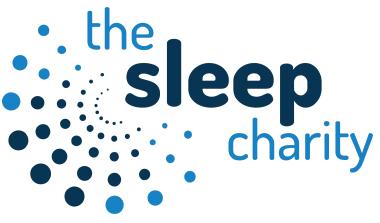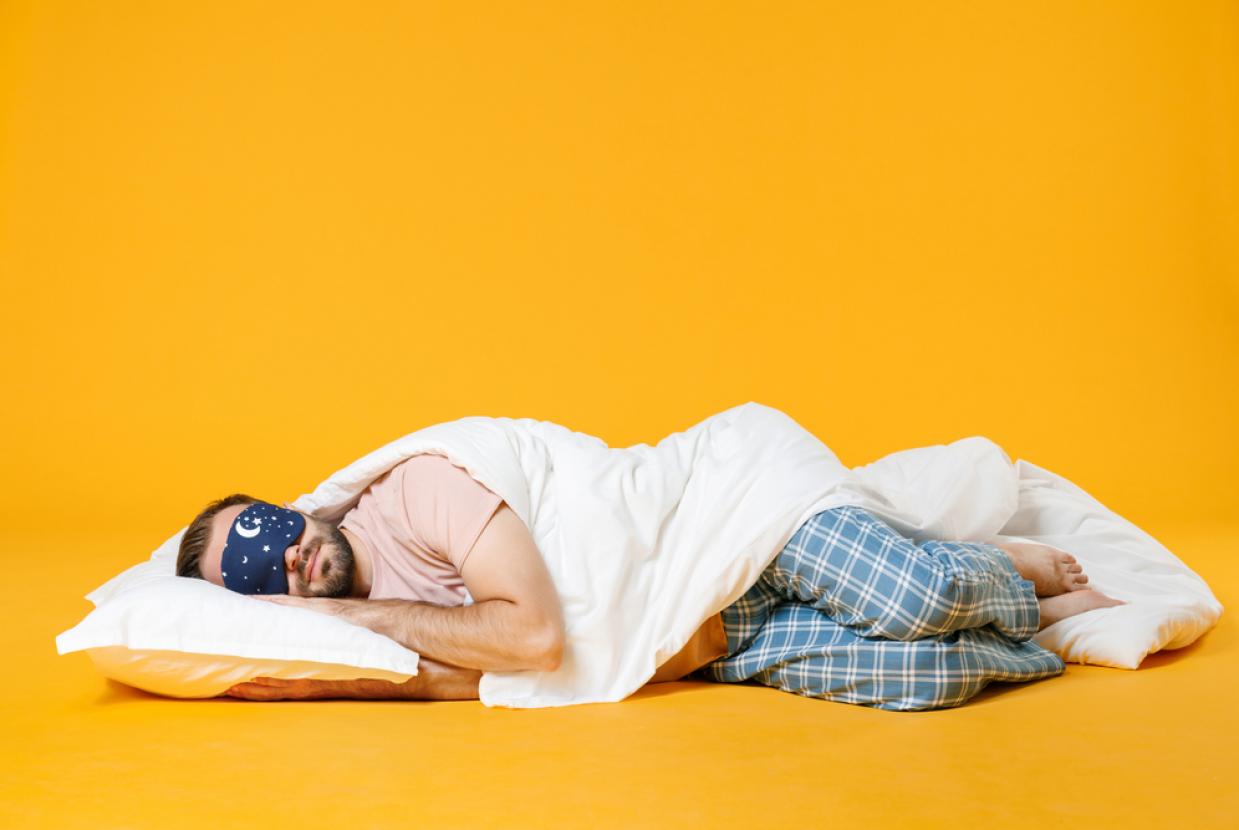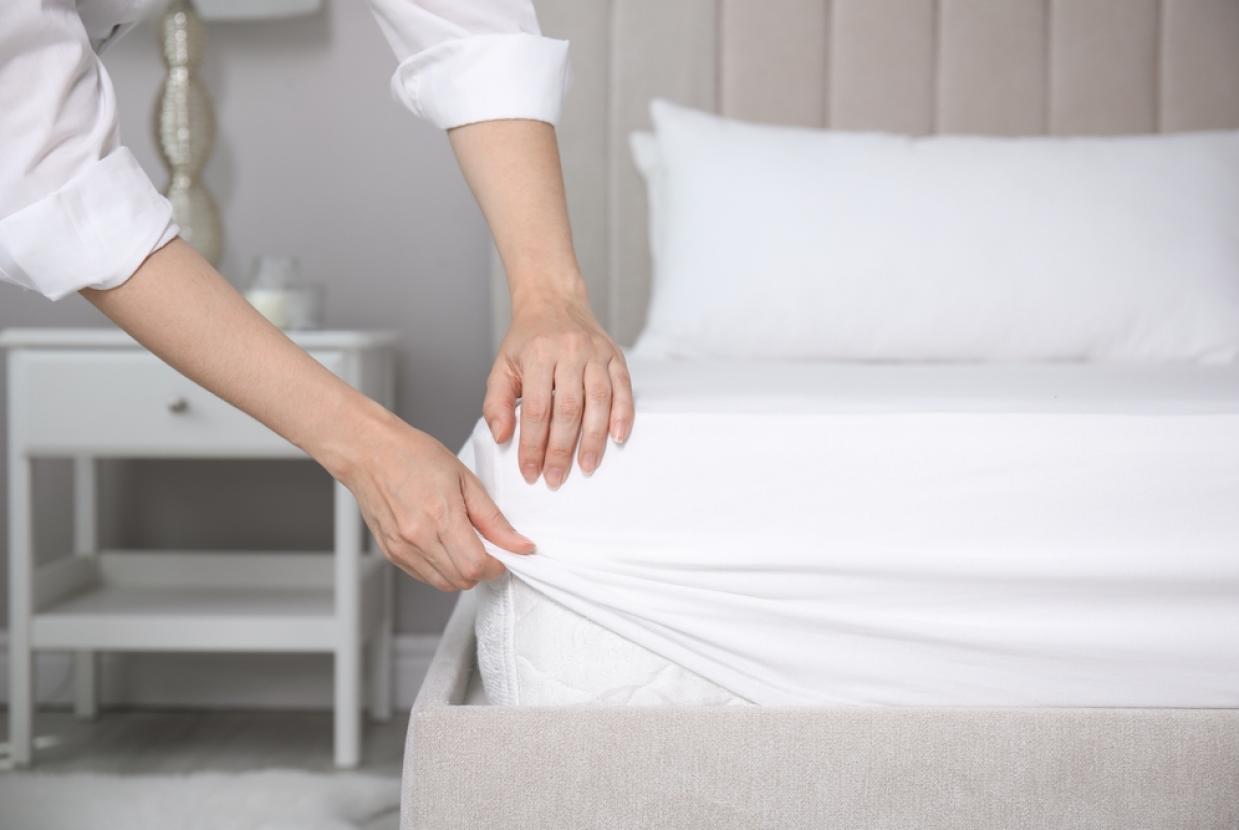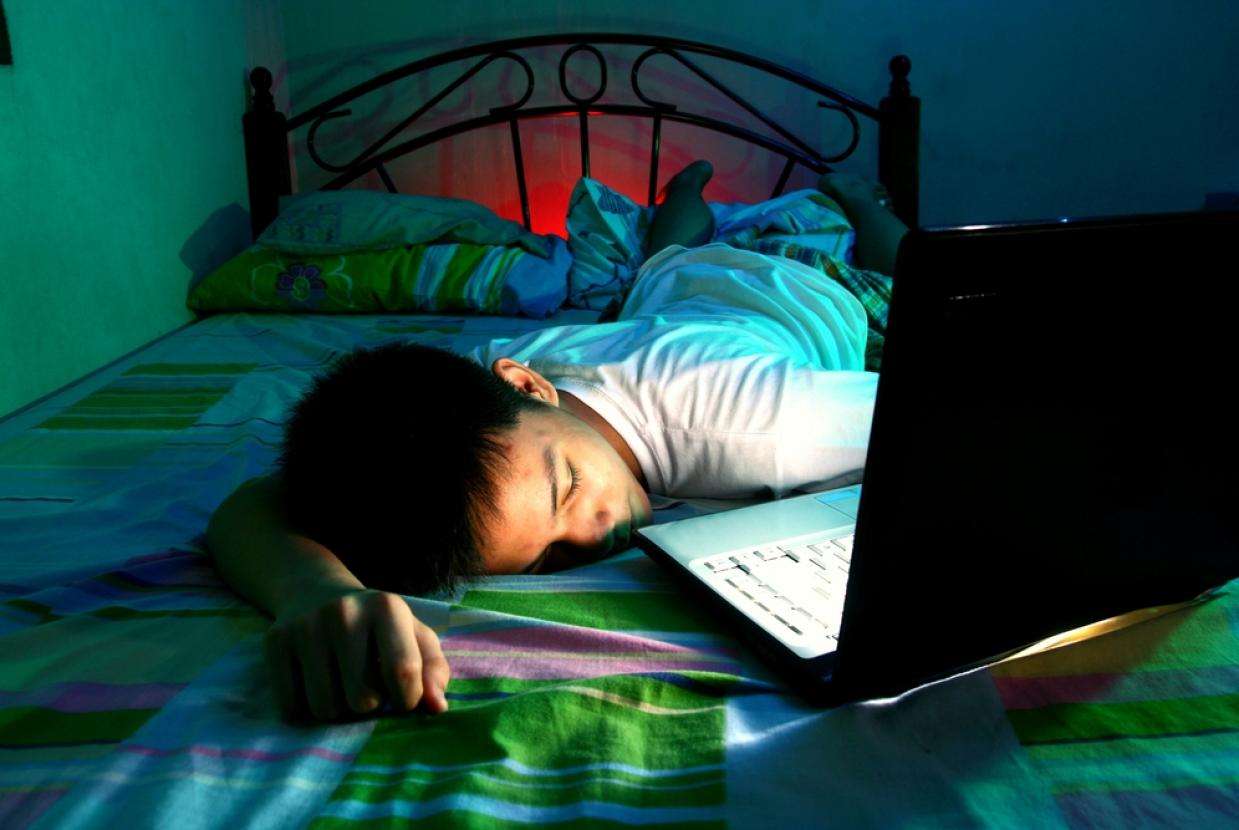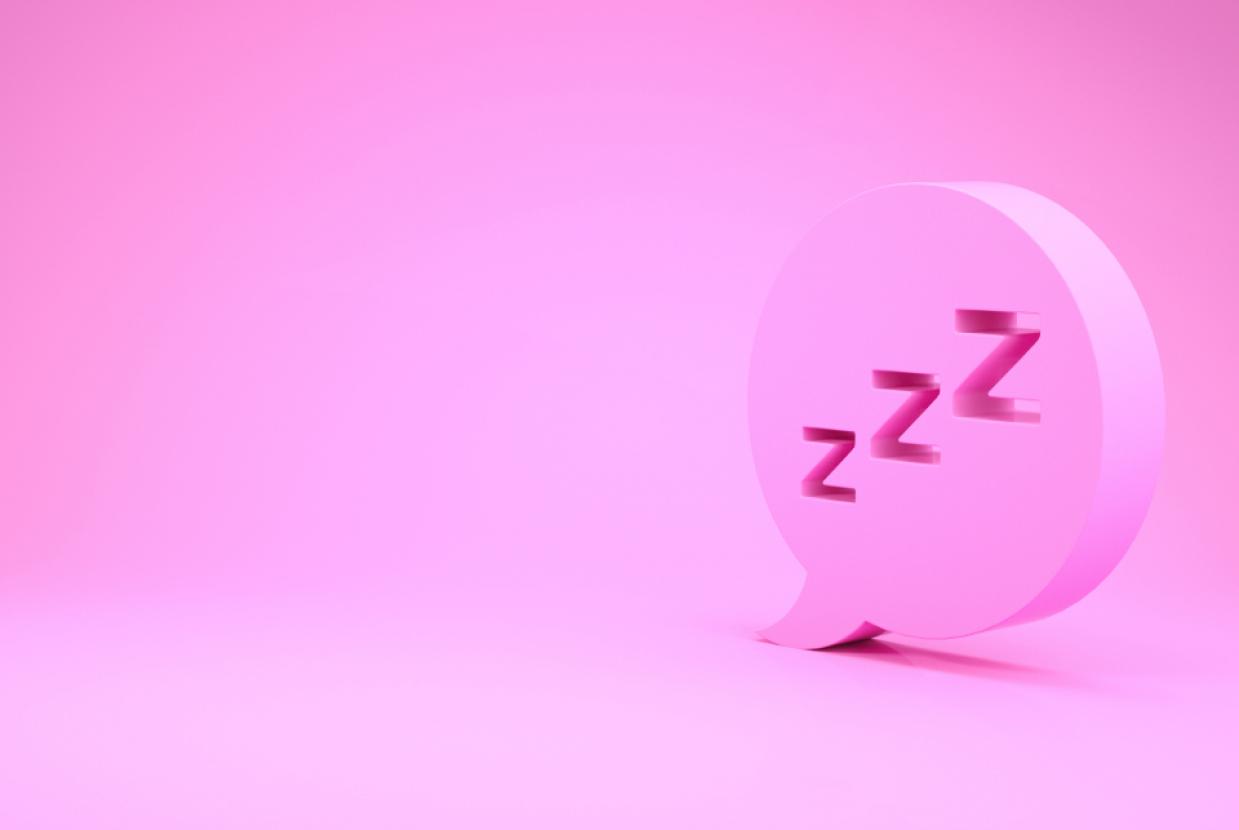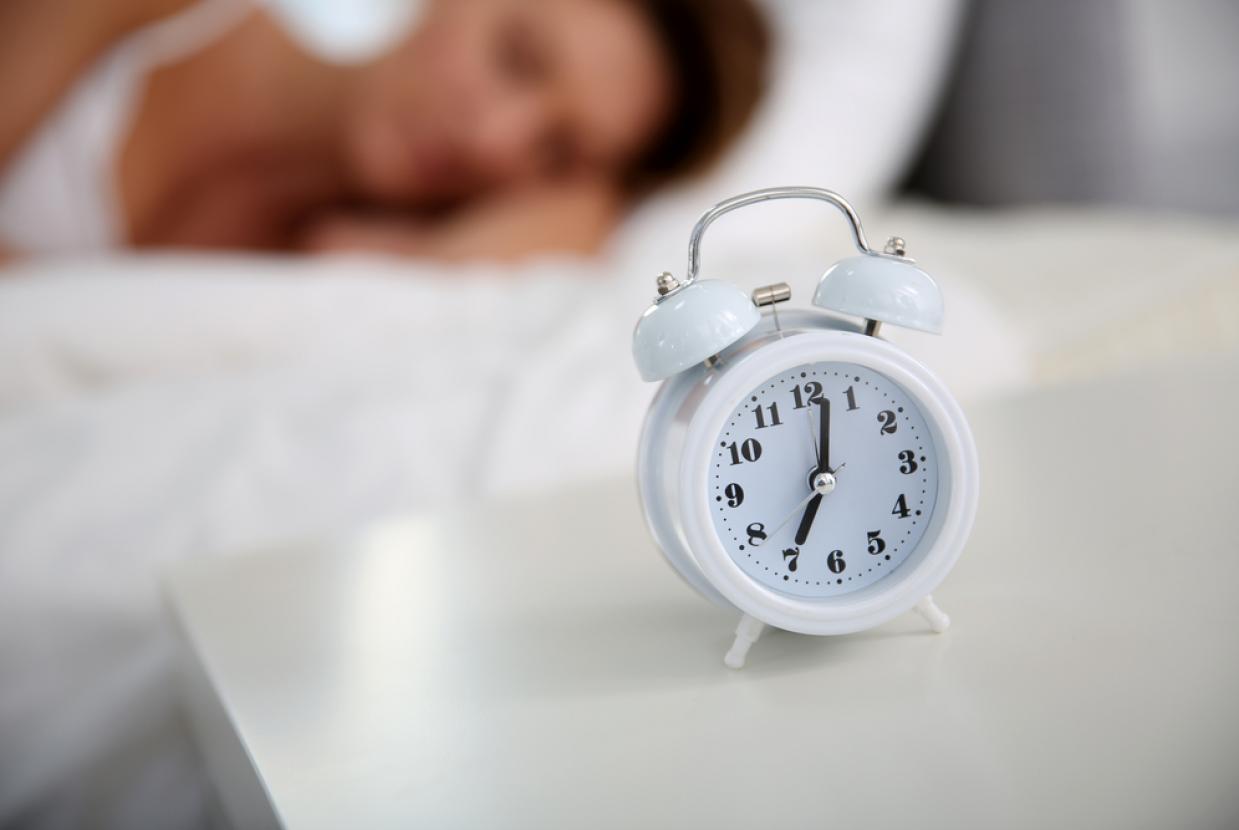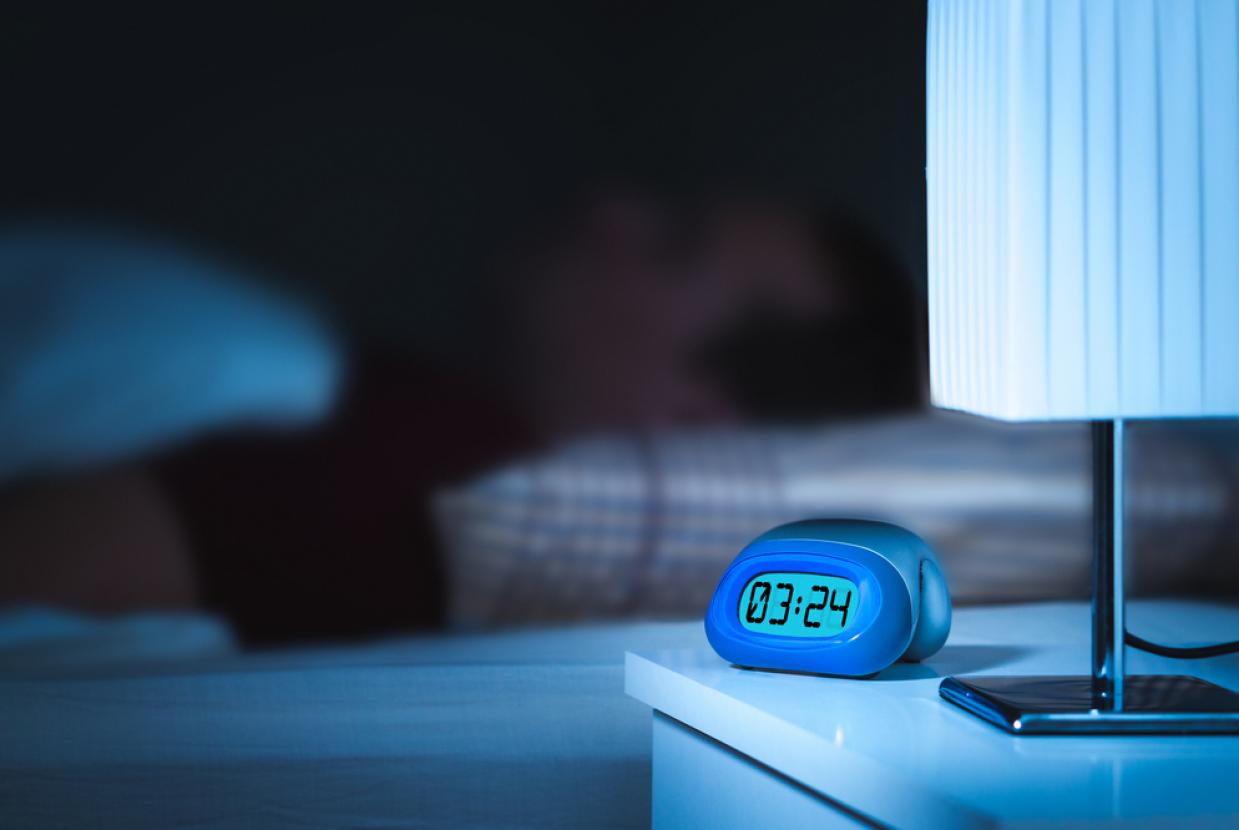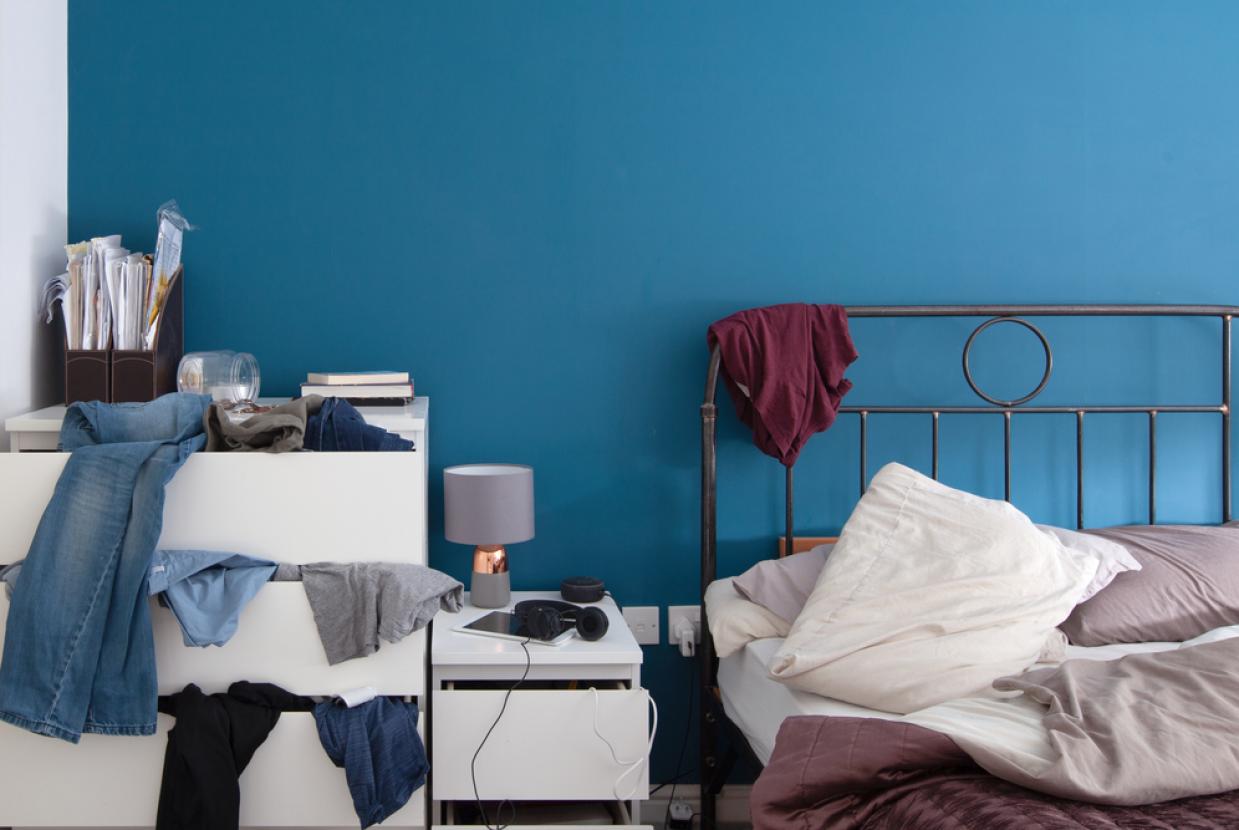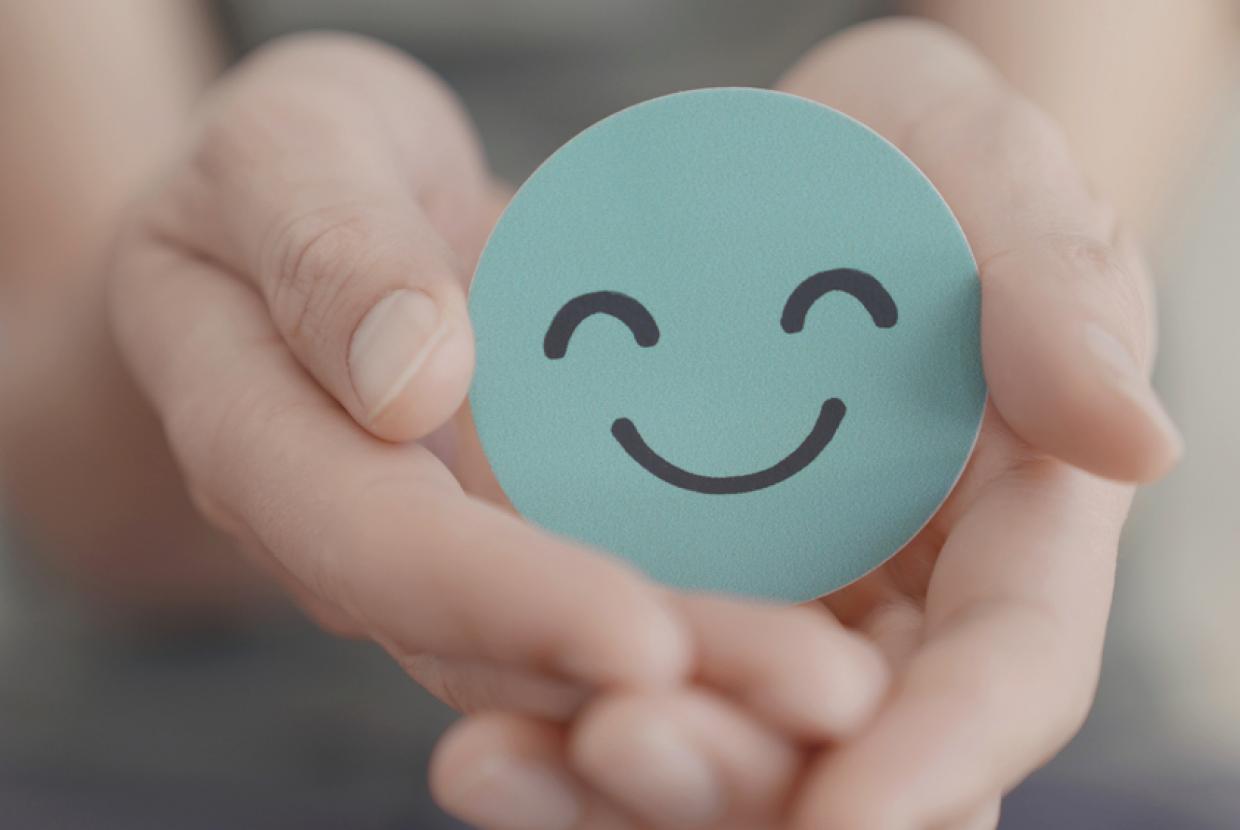Sleep Debt
Sleep debt or sleep deficit is the cumulative effect of not getting enough sleep. Regularly sleeping less than you should means your sleep debt accumulates and this may lead to mental or physical fatigue.
What are the effects of sleep debt?
If you are regularly getting less sleep than you need, your sleep debt increases – and with that you feel grumpier, have less concentration and your memory is impaired. Long term sleep deprivation has a number of health consequences such as obesity, diabetes, high blood pressure, heart attack, stroke and Alzheimer’s.
Can you catch up on lost sleep?
Sleeping for a couple of extra hours or so at weekends may seem a good idea to claw back some shut eye but it doesn’t make up for chronic sleep debt. It may make you feel less tired, but it doesn’t fix all the deficits caused by workweek sleep loss or negate the effects of sleep loss on your health. And it is not a great long-term solution.
A few days of lost sleep can have adverse effects including increased daytime sleepiness, worsened daytime performance, an increase in molecules that are a sign of inflammation in the body and impaired blood sugar regulation.
Recovery sleep over a weekend may not reverse all the effects of lost sleep during the week and it can backfire as our bodies work on an internal clock which is why we thrive on regular sleep patterns. Aim for regular bedtimes and wake times even at weekends otherwise you can suffer with something called social jet lag.
How to avoid sleep debt
Make sure you make the effort to get a good quality night’s sleep every night. If you’re struggling to sleep well, consider filling in a sleep diary to help pinpoint what’s stopping you from getting a good night’s kip.
Forming some good sleep hygiene habits will also help to minimise sleep debt and keep your sleep schedule on track:
- Stick to regular hours: go to bed and get up at the same time, all the time!
- Create the perfect sleep environment – cool, quiet, dark and uncluttered
- Switch off gadgets an hour before bed – and that includes the TV.
- Avoid caffeine and alcohol in the evening
- Take regular exercise
- Make time for winding down and do something like relaxing like reading a book, listening to soothing sounds or music, taking a warm bath or meditating.



